IN THE NEWS
|
With rampant academic cheating — and growing — in American high schools and colleges, researchers at Baylor University’s Institute for Studies of Religion (ISR) conducted a pilot study investigating the connection between various virtues and measures of academic honesty among college students aspiring to become teachers.
The three-year research study which began in 2013, was funded by a $903,807 grant from the Templeton World Charity Foundation.
Academic cheating is becoming more widespread each year, and worse yet, “a growing percentage of students seem to see nothing wrong with cheating,” said Rodney Stark, Ph.D., Distinguished Professor of the Social Sciences at ISR and a co-principal investigator of the study on student integrity.
Little research has been done on the connection between student commitment to virtues such as self-control, positive life purpose and involvement in academic cheating. Other scholars conducting the study are Perry Glanzer, Ph.D., associate professor of educational foundations in Baylor’s School of Education and Hongwei Yu, Ph.D. (former ISR research fellow), research associate from the Center for Community College Student Engagement at the University of Texas at Austin; and Byron Johnson, Ph.D., director of ISR and Distinguished Professor of the Social Sciences.
“The study will shed light upon the relationship between a set of important virtues — the moral virtue of honesty, the performance virtue of self-control, and the transcendent virtues of gratitude and purpose — related to academic integrity and performance,” Glanzer said. “The study will also include a longitudinal survey of 2,000 students at five different institutions during their sophomore and senior years. We will also complete qualitative interviews at these universities in order to discover ways that students reason about these matters.”
Armed with survey and interview data, the research team analyzed the relationship between character traits and virtues. Understanding the detailed links between key attributes will aid in determining how and whether certain key virtues relate to academic honesty and deter academic cheating.
Through quantitative and qualitative analysis, researchers are able to reach the following conclusions: 1). self-control relates to student engagement of academic cheating. Researchers found that students who lack self-control is more likely to be involved in academic cheating activities. 2). Life purpose is also linked with student academic cheating. The researchers discovered an indirect, negative association between student positive life purpose and student engagement of academic cheating. These research findings have great implications for research and practice that aim to address widespread academic cheating across all education levels.
“It is our hope that this pilot study will inform a much larger national level study on this understudied topic,” Johnson said.
THE FOLLOWING RESEARCH PUBLICATIONS HAVE BEEN PUBLISHED USING THE DATA FROM THE STUDY:
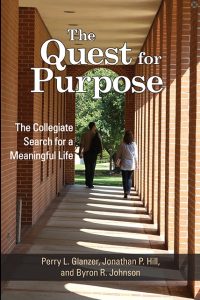 |
The Quest for Purpose: The Collegiate Search for A Meaningful Life by and Bryon R. Johnson, SUNY, NY, 2017 |
|
|---|---|---|
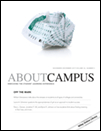 |
Cultivating the Successful Quest for Purpose on Campus: What We Learned from Students Perry L. Glanzer, Jonathan P. Hill and Byron R. Johnson, About Campus, Nov-Dec 2017 |
|
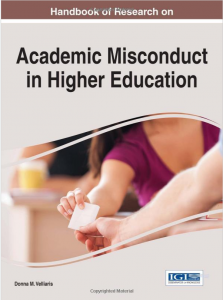 |
||
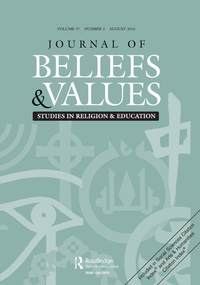 |
||
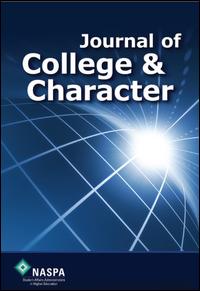 |
||
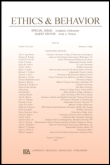 |
Hongwei Yu, Perry L. Glanzer, Rishi Sriram, Byron R. Johnson & Brandon Moore, Ethics & Behavior (April 2016)
|
|






